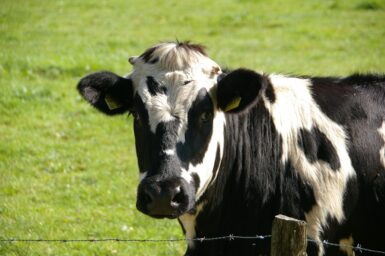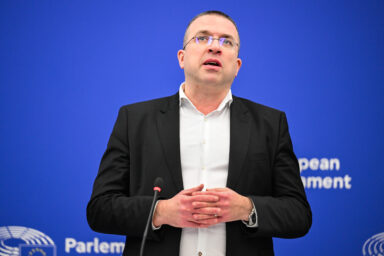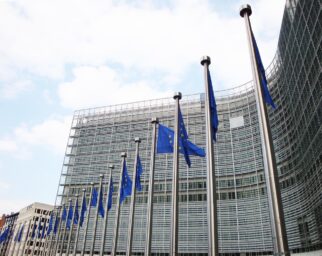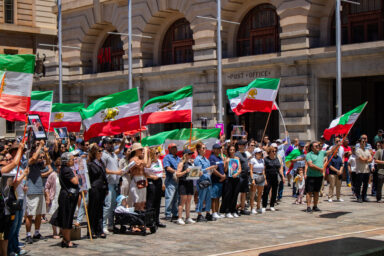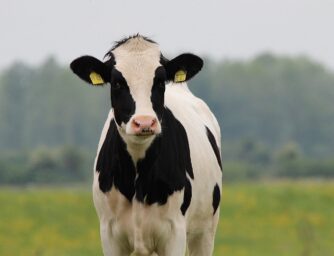Twenty-five years after negotiations were first launched, the European Commission on Wednesday submitted the EU–Mercosur Association Agreement for approval. The deal, long-opposed by key constituencies including Europe’s farmers, aims to open new markets to EU goods and, in many ways, to offset US tariffs that have upended global trade.
As expected, the Commission adopted the agreement at Wednesday’s College meeting and cast it in the most positive possible light, describing it as the largest free trade deal the EU has ever signed — affecting more than 700 million people across two continents. It remains unclear whether the agreement will be able to secure enough support moving forward. EU Trade Commissioner Maroš Šefčovič said the removal of tariffs on over 90 per cent of goods traded between the two blocs would generate significant annual savings and was fairly enthusiastic that the EU and Mercosur had reached this point. He spelled out some of the most significant details.
“Today, bilateral trade is worth €112bn and already, more than 30,000 European SMEs export to the Mercosur countries. Despite recent developments, the EU remains the largest investor there, with investments totalling over €384bn. Thanks to this deal, we expect more than €4bn per year in customs duty savings for our exporters. EU exports are projected to rise by 39 per cent, equating to some €50bn — and an overall projected GDP gain of €77.6bn for the EU by 2040. From machinery to automotive, to wine and chocolate, EU products will gain privileged access to the new market.”
Is it too soon to celebrate?
Mr Šefčovič added that the College well recognised the broader importance of the moment—for Europe’s long-term economic trajectory as well as immediate trade benefits—and, alongside the trade agreement with Mexico, said the EU now had strategic instruments to serve both regions for years ahead.
“All our partners agreed this is a cause for celebration, a festive moment,” he said.
You might be interested
EU High Representative for Foreign Affairs and Security Polic Kaja Kallas earlier had also echoed that sentiment: “It is a good message for consumers on both sides — access to new companies and more competitive products.”
Supporters of the agreement—including the Commission, Germany and Spain—have long argued it opens access to a growth region. Beyond headline savings, it is expected to bolster EU exports in key sectors such as automotive, machinery, pharmaceuticals, chemicals and green technologies. It is also a strategic move designed to diversify trade amid tensions with China and renewed US protectionism, while securing access to vital raw materials like lithium, nickel and rare earths. Those are crucial to the bloc’s green and digital transitions.
From machinery to automotive, to wine and chocolate, EU products will gain privileged access to the new market. – Maroš Šefčovič, EU Trade Commissioner
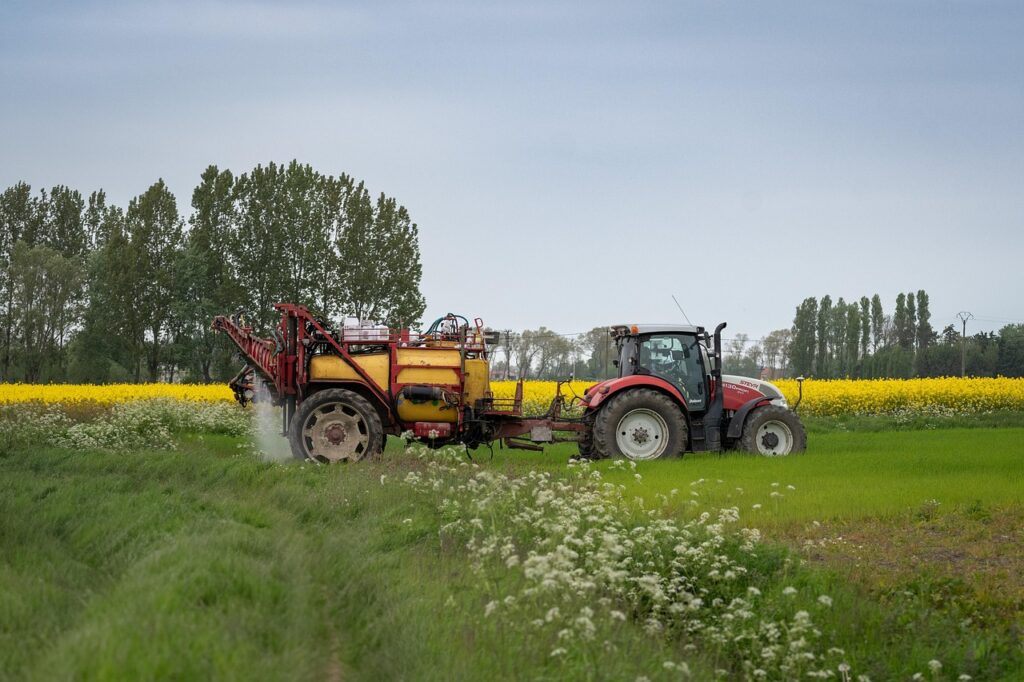
Not convinced
But opponents—notably France and Poland, along with farming lobbies and environmental groups—have voiced strong objections. Many of them for quite some time. Central to their concerns is the risk cheaper beef, poultry, sugar or soya produced under lower standards flooding EU markets, which would also undermine domestic EU farmers. Critics also cite use of pesticides banned in the EU, weak labour and environmental protections, and regulatory divergence that could threaten food safety. Environmental NGOs warn of deforestation in the Amazon and question whether the deal aligns with EU climate goals, while farming groups warn of unfair competition and declining rural livelihoods.
Ahead of the meeting, COPA‑COGECA stated in no uncertain terms:
“If confirmed in the coming days, the presentation of the EU‑Mercosur agreement would add to a series of negative announcements made over the summer—from cuts to the agricultural budget to weakening the CAP’s common dimension, and concessions under the EU‑US agreement—all of which demonstrate that European agriculture is being relegated to second-tier Union priorities.”
Bad news for Europe, says MEP
EU Perspectives spoke exclusively with MEP Yvan Verougstraete (Renew/BE), who expressed deep scepticism over the move:
“This decision is bad news for Europe — particularly for our farmers, our food sovereignty and the ecological transition. The European Commission wants to push this through without proper democratic oversight. That is simply unacceptable… Europe is a market of 450 million consumers — it must be able to enforce its own standards on its own territory. If we open up our markets without conditions—for example, to South American beef produced under far lower standards—it’s as if we are erasing years of hard work by our producers on traceability, sustainability and animal welfare.”
The Commission has sought to defuse concerns by introducing a range of safeguards and sustainability measures. These include commitments to halt illegal deforestation, uphold the Paris Agreement, and establish a bilateral roadmap with Brazil focused on forest protection. Tariff-rate quotas cap imports of sensitive goods like beef and ethanol, and Brussels insists that all imported food must meet EU health and safety standards.
This decision is bad news for Europe — particularly for our farmers, our food sovereignty and the ecological transition. – Yvan Verougstraete, MEP (Renew/BEL)
Yet critics argue these safeguards remain largely symbolic, lacking binding enforcement or monitoring mechanisms. Šefčovič countered those fears firmly:
“I know there are concerns from our farmers, and I assure everyone we have heard them. This is a revised Mercosur agreement because we listened — collaborating with our Latin American partners, member states, trade associations and farmers to get it right. We negotiated calibrated quotas, gradual openings, and strong safeguards. We went even further: should disruption occur, a €6.3bn safety net under the next MFF is ready to support the agriculture sector. We’re also proposing a legal act to operationalise the bilateral safeguard agreement with Mercosur.”
Safeguarding European heritage
He also stressed the deal’s protections for European food heritage: “We are safeguarding European heritage. The agreement will protect 344 EU geographical indications — one of the most ambitious efforts to defend our food and drink names abroad.”
This is a revised Mercosur agreement because we listened — collaborating with our Latin American partners, member states, trade associations and farmers to get it right. — Maroš Šefčovič, EU Trade Commissioner
A final key twist is the Commission’s intention to split the agreement into two parts — separating the trade chapter from the broader political and cooperation components. This strategy allows the trade portion, deemed an EU-only competence, to be ratified quickly via qualified majority in the Council and European Parliament. The remainder would remain subject to ratification by national and regional parliaments. This approach was reportedly adopted to help meet the EU’s target of ratifying the deal by the end of the year, even amid resistance from countries like France.

